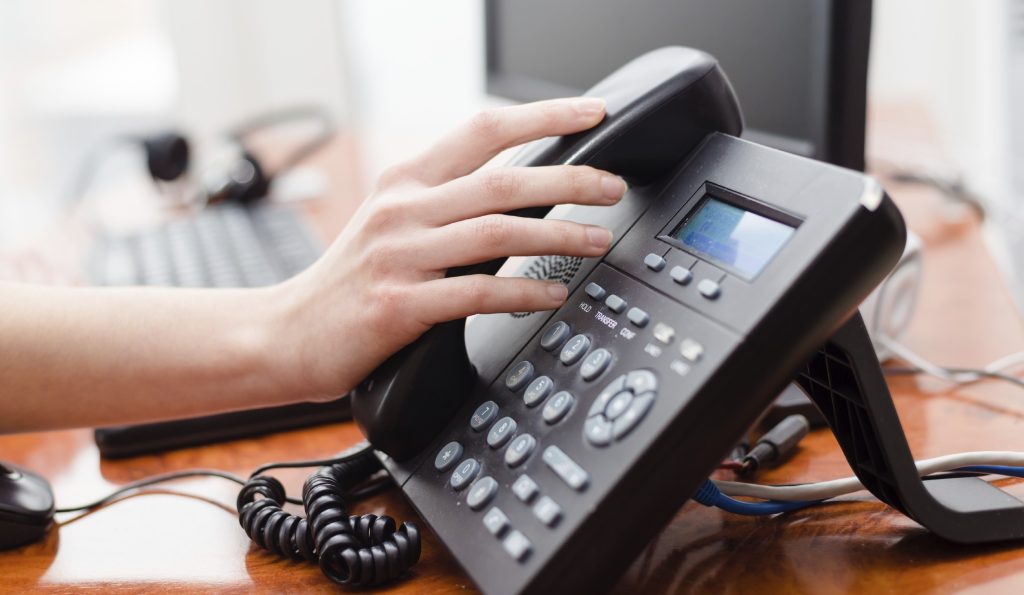In an effort to reduce no-shows and ensure that provider schedules run smoothly, practices of all types-medical, dental, chiropractic and veterinary-routinely call patients a day or two ahead of their visits to remind them that they have an appointment. While this is effective, it’s also time-consuming. Recognizing that staff time is a valuable asset, some practices are turning to automated appointment reminder systems. Is this method of communicating right for your office? Maybe. In deciding whether to invest in an automated system, consider the following questions.
- How many reminder calls do you make on an average day? If your office is the home of two neurosurgeons, patient volume is probably small enough that making reminder calls on a daily basis isn’t a burden. If your practice is made up of six busy pediatricians or family physicians, that’s a different story altogether. Count the number of calls you make each day, determine the average time for each call (factor in that some are quick messages and others turn into conversations), and then calculate how much making the calls costs in terms of payroll (don’t forget to include payroll taxes and benefits in this figure, not just the person’s hourly wage). Use this data to do a cost-benefit analysis of investing in an automated system.
- Who are your patients? It may be a bit of a stereotype to assume that older patients are less tech-savvy than younger ones (there are plenty of grandparents on Facebook every day, to be sure), but if the majority of your patients are seniors they might be somewhat less receptive to receiving automated calls. This isn’t because they don’t understand or appreciate technology, but because they value human-to-human communication. Receiving a phone or text message from their doctor’s office just isn’t the same as hearing Sue’s reassuring voice.
- What is your service philosophy? If highly personalized service is a hallmark of your practice, you may want to stick with having a staff member make reminder calls to patients. A friendly voice message or quick conversation is an additional point of contact that can help create an ongoing positive impression of your practice.
- What about privacy? Some patients will balk at receiving automated calls, citing privacy as an issue. A computer leaving a message at someone’s home is, however, no different from a live person leaving the same message, so the concern on a patient’s behalf is likely that information is being stored electronically. Be prepared to respond to patients who raise this issue by explaining how data is maintained and used in a way that ensures their privacy.
There are dozens of companies offering appointment reminder services. Medical Arts Press® has partnered with Revenue Well, a system that offers not only automated appointment reminders, but also online appointment scheduling, bill paying, birthday greetings and much more.



